The following report is based on a series of testimonies collated by a citizen journalist in Iran from current inmates at Rajaei Shahr Prison in Karaj. Formerly known as Gohardasht, the facility was the site of the documented massacre of hundreds of political detainees in 1988, for which the ex-prison official Hamid Nouri was recently convicted in Sweden. Iran's current president, Ebrahim Raisi, was one of its hanging judges that summer. In Raisi's first year in office, during which known uses of the death penalty have again skyrocketed in Iran, inmates spoke to IranWire about conditions on the wards of Rajaei Shahr today – and the grim, ongoing phenomenon of “Execution Wednesdays”.
***
"Rajaei Shahr should be known as the name of the leading site of executions. Sometimes they’re transferred here from other jails like Qarchak [in Varamin]. Usually they’re carried out at dawn on Wednesdays, in a special execution hall. The Sunday before, the prisoners are taken to the infamous ‘Suite’ ward, and on Wednesday it’s all over.”
For inmates at Rajaei Shahr Prison, whether political or jailed for ordinary crimes, the nights when the roll-call for transferral to the Suite are long and exhausting. After being locked up together day and night, they know that one or more of their number will disappear at dawn on Wednesday.
Shahin is a regular inmate: one of the thousands-strong majority in Rajaei Shahr jailed for crimes like armed robbery, kidnapping, rape or murder. He is, however, erudite about the reasons why. “All these crimes occur because of social problems,” he said. “They’re rooted in the government’s extremism and the lack of rehabilitation programs. Instead of carrying out its duty of care, the state just hangs people.”
There are 10 wards on Rajaei Shahr prison, each three storeys tall and supervised 24 hours a day by a ward chief, prison guards, and inmate volunteers known as “lawyers” who are hand-selected to liaise with (and/or inform on) their cellmates. One is a quarantine ward for those suspected of having Covid-19; Ward 5 is for juvenile offenders; another is earmarked for prisoners on death row.
Hadi, another current inmate, had more detail to share on the makeup of the wards: “Ward 8 belongs to the Ministry of Intelligence for Karaj and Alborz, and is managed totally independently. It’s usually for political and civil activists, and protesters transferred there temporarily for interrogation. Ward 10, Section 4 is also for political prisoners. Ward 11 is known as the ISIS Hall and is full of fundamentalists. Ward 12 is known as the Elders’ Hall, where serious criminals are kept.”
So far this summer, other prisoners told IranWire, at least 10 inmates of Ward 12 have been hanged.
A Polluted Environment
"Everyone knows how dire the water situation is in Rajaei Shahr Prison,” one inmate told IranWire. “The water is supplied from wells dug inside the prison grounds, and it is of low quality. It’s full of hard salts that damage the kidneys. A lot of prisoners get intestine infections, digestive issues, eye infections, skin disease and hair loss.”
Naturally, the guards have their own fresh food and water supply. Prisoners are served bread ground from bran-free, white flour, which has no nutritional value. “You can taste the grit in it,” one said. “The bread is often doughy and only part-cooked; half of it gets thrown away. We have absolutely no supply of vegetables, fruit or milk; the prison store might sometimes sell them. We don’t know where the profits go*.”
Sanitation supplies like soap, washing powder, detergents and hand sanitizer are delivered only rarely – on some wards, just once every two months. There are no undergarments or towels on offer. “Once a year,” an inmate said, “according to the schedule, prisoners’ families will hand over clothes for them to the jailer from the outside.”
The environmental conditions, they added, are also suffocating: “The heaters are worn out and out of order. If the prisoner wants heating in the cold months, or air conditioning in the hot weather, he has to provide it himself. There isn’t even proper ventilation, and so much noise pollution that some of us end up with hearing problems. When the power goes out, we don’t want to plug it back in because of the amount of extra noise.”
An Ambulance is a Coffin
Rajaei Shahr Prison was built to house a maximum of 3,000 inmates. It has been over capacity for years. According to inmates’ testimonies, not only have medical equipment and treatment facilities not kept up with demand, they barely exist: “We call the prison ambulance a coffin.
“There’s a judicial process that has to be completed before you can transfer a sick prisoner for [hospital] treatment. It’s so long that sometimes people give up, unless they are dying. But this isn’t the only problem: specialist medications have to be procured at the prisoner’s expense from pharmacies on the outside. And any additional drugs, medical reports and transfers are paid for by the prisoner.”
Another inmate told IranWire: “The hygiene situation is dangerous. There are bedbugs, cockroaches and mice, and there’s no disinfection of bedsheets unless you take the time to write a letter to a deputy Health Minister to approve it, so the prisoner’s family can pay for it. Sometimes there are 20 people kept in each 10-meter room without light or ventilation. Surviving in these conditions is an art.”
Many of the prisoners IranWire spoke to pointed out that they had no real avenue through which to make a complaint. Despite this, Iranian state-controlled media is rife with reports about the pristine conditions and wellbeing enjoyed by those who fell foul of the state – citing, of course, prison officials themselves. As if, one inmate laments, they were talking about a country like Sweden.
*Editor’s note: For information on who profits from food sales in Iranian prisons, you can read last October’s exposé by Daniel Keyvanfer here.
visit the accountability section
In this section of Iran Wire, you can contact the officials and launch your campaign for various problems




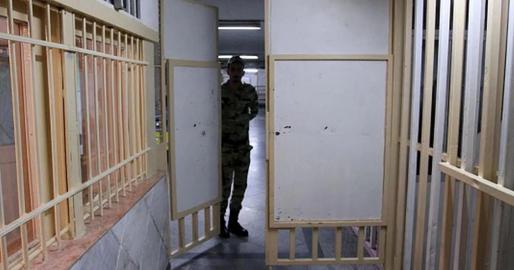





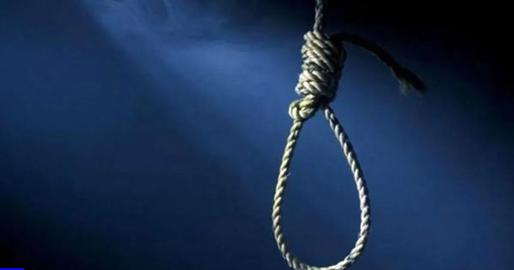
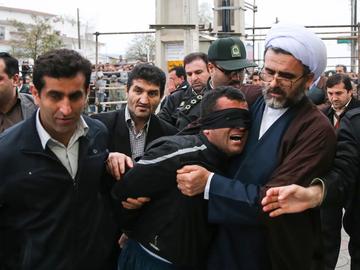


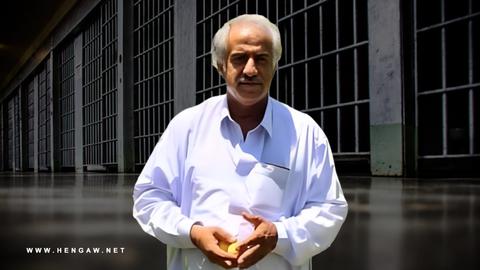

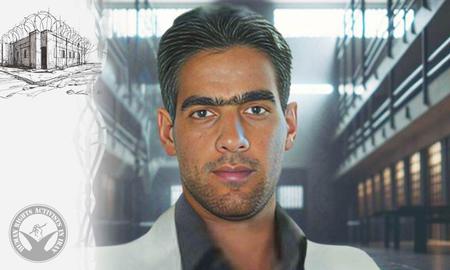



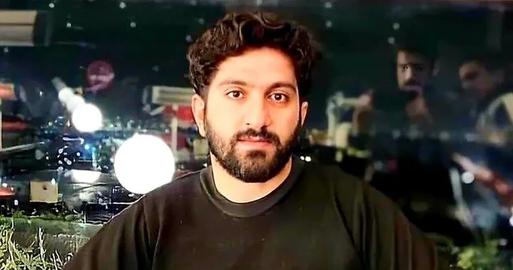



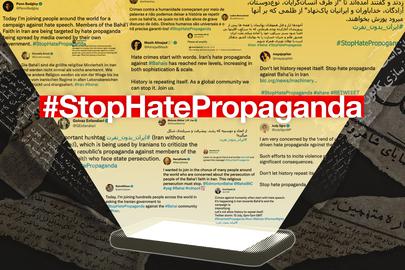
comments